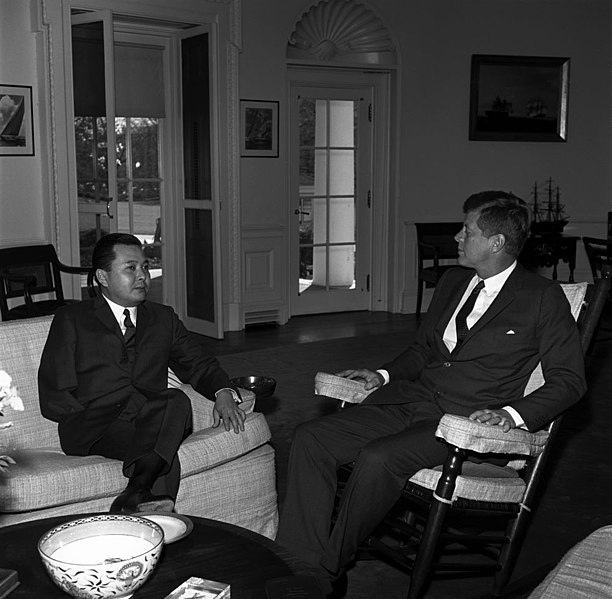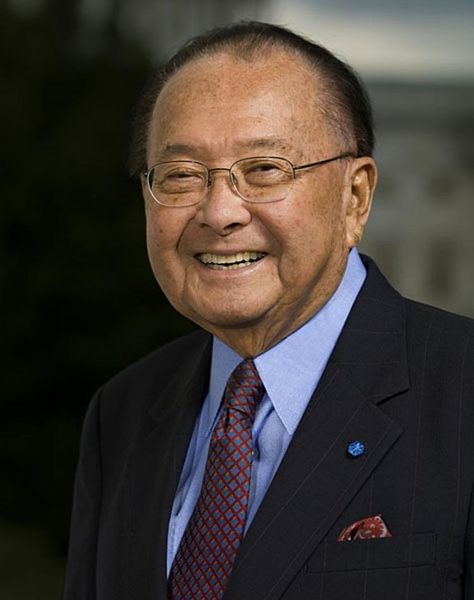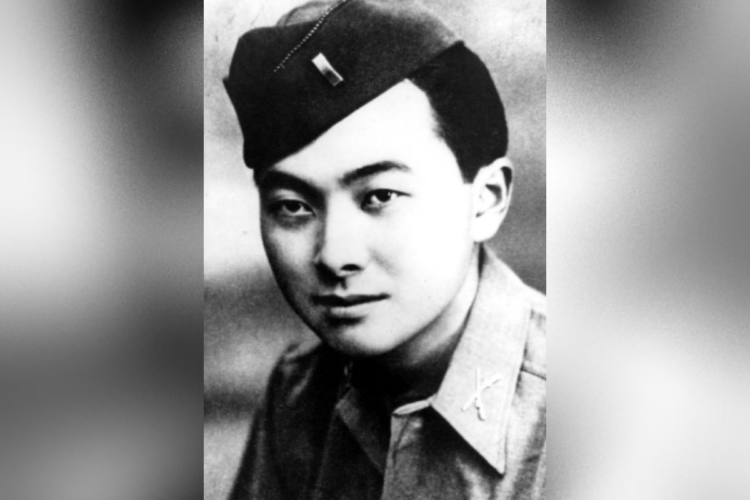Being the highest-ranking Asian-American politician throughout the history of US politics is already impressive enough. Still, Senator Daniel Inouye, a US senator from Hawaii from 1963 until he died in 2012, had a more epic story that did not happen in Congress but the theater of World War II.
Service To Others
Daniel Ken Inouye was born on September 7, 1924, in Honolulu, Hawaii, to two Japanese immigrants, Hyotaro and Kame. He grew up in the Bingham Tract, a predominantly Chinese and Japanese American enclave of Mō’ili’ili in Honolulu. His life was pretty simple— going to school, playing with friends, and overall enjoying Oahu life.
As a kid, he was not aware yet that he came from poverty. His father was raised by poor laborers, while his mother was an orphan adopted by a Methodist family. His parents always stressed the importance of service to others, which he would bring with him when he grew up. After graduating from Honolulu’s President William McKinley High School, he volunteered for the Red Cross and aspired to be a surgeon.
Everything was going well, according to the path he wanted to take until December 7, 1941, happened. At that time, Inouye studied pre-medicine at the University of Hawaii and was a medical volunteer at Pearl Harbor. When he was putting on his tie in preparation for going to church and listening to the radio, he heard the announcer say that Pearl Harbor was bombed. The annotation of an interview with him wrote:
Inouye called his father and they looked towards Pearl Harbor and they could see the attack happening. They noticed lots of smoke and little puffs in the air from the anti-aircraft fire. All of a sudden three aircraft flew directly over them; they were gray and had the red dot indicating they were Japanese. Inouye knew his life had changed. Inouye went to the first aid station, but it had already been destroyed.
I’m Not An Enemy
Inouye decided to quit his medical studies and enlist in the Army. However, a month after the attack, the government announced that Japanese-Americans would be labeled 4-C, which classified them as enemy aliens. He’d always considered himself a true American, but at that moment, he was labeled an enemy.
He became part of a group of young men who petitioned the government to allow them to serve. Finally, after ten months of waiting, they received approval to form combat units. He was assigned to San Francisco as a Nisei in the 442nd Regimental Combat Team, a group exclusive to Japanese-American soldiers led by white officers.
Heroic Deeds
He proved himself a good soldier and quickly rose through the ranks. It was just one year when he became a platoon sergeant. By 1944, he was sent to France and the fight against the Nazis.
He was in the 442nd that was sent to rescue the 36th Infantry Division when they got trapped in German territory. They saved 200 men, but Inouye was shot in the chest. By some luck or divine intervention, the two silver dollars he was carrying in his pocket stopped the bullet and saved his life. So, he kept on bringing them throughout his missions, working as his lucky charms. When he lost them before an assault on Colle Musatello in Liguria, Italy, he knew it meant doom for him. He recalled telling his friend Terry, “today’s my day. I’m going to get it,” and he was right.
That morning, they were tasked to take out three German machine-gun positions on the top of a ridge. The 442nd was in combat when Inouye was shot in the stomach. Regardless, he pushed through far ahead of his men. Using his Thompson submachine gun and a grenade, he successfully took out one whole German gun team.
As he was crouching and holding the last grenade in his right hand, he was hit by a rifle-propelled grenade. The next thing he knew, his right arm was gone, and he found it was “clenched in a fist that suddenly didn’t belong to me anymore.” Afraid that it might detonate, he snatched the grenade from what used to be his right hand and threw it straight at the enemy’s machine gun. Once it detonated, he took his Thompson gun and opened fire on the Germans to ensure they were dead before he fell unconscious.
Already have an account? Sign In
Two ways to continue to read this article.
Subscribe
$1.99
every 4 weeks
- Unlimited access to all articles
- Support independent journalism
- Ad-free reading experience
Subscribe Now
Recurring Monthly. Cancel Anytime.












COMMENTS